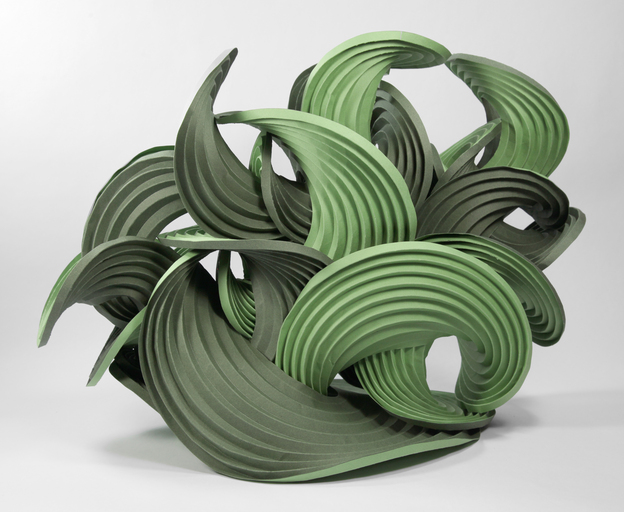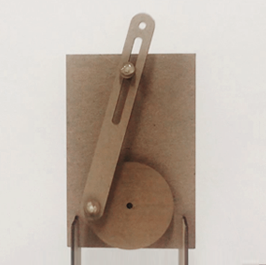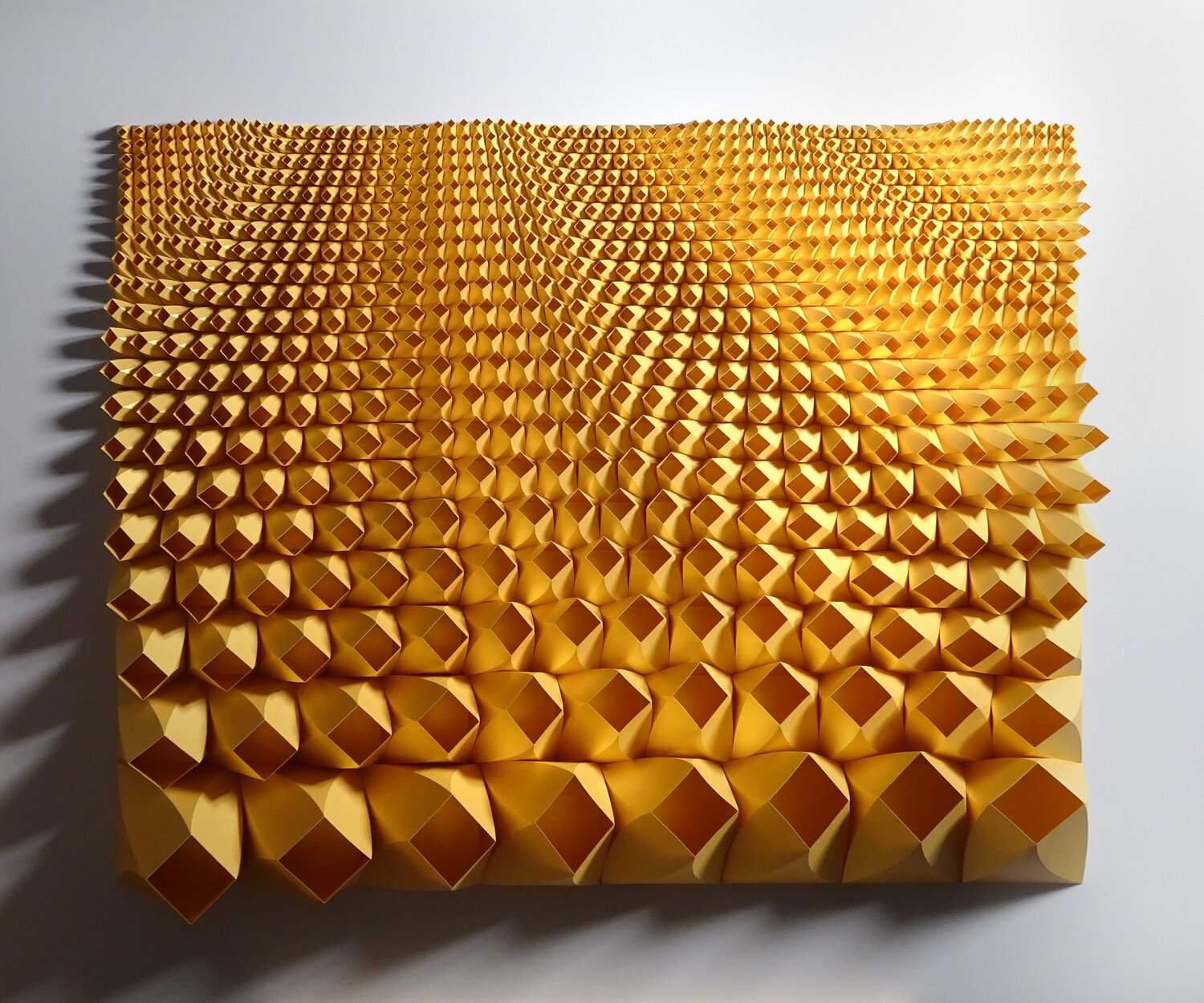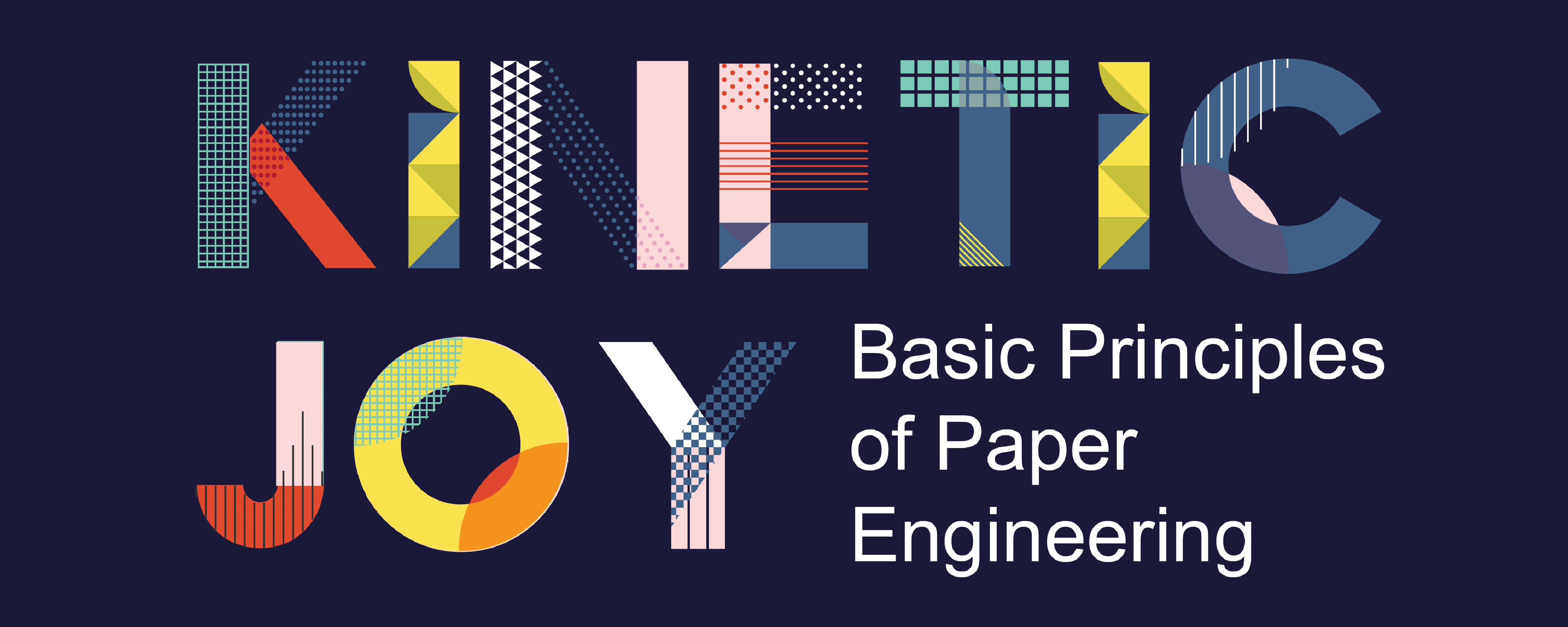Contemporary Paper Engineers
(text and background only visible when logged in)
(text and background only visible when logged in)
(text and background only visible when logged in)
Artist's Books
(text and background only visible when logged in)
Carol Barton
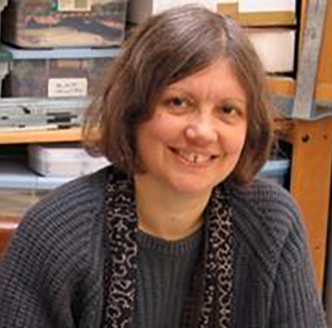
Carol Barton is a teacher, book artist, and curator who runs Popular Kinetics Press and has published numerous artist book editions since her first book, Beyond the Page, was printed in 1981. Her work is exhibited internationally and is in numerous collections, including The Smithsonian Institution, Library of Congress, Museum of Modern Art, The Getty Museum, and the Victoria and Albert Museum in London.
Colette Fu
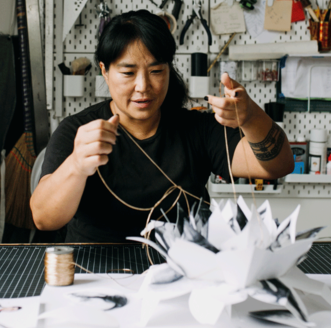
Colette Fu received her MFA in Fine Art Photography from the Rochester Institute of Technology in 2003, and soon after began devising complex compositions that incorporate photography and pop-up paper engineering. She has designed for award winning stop motion animation commercials and free-lanced for clients including Greenpeace, Vogue China, Canon Asia and Moët Hennessy • Louis Vuitton and the Delaware Disaster Research Center. Her pop-up books are included in the National Museum of Women in the Arts, Library of Congress, Metropolitan Museum of Art, the West Collection and many private and rare archive collections. In 2017, Colette created the world's largest pop-up book, Tao Hua Yuan Ji (13.8 x 21 feet) that people could enter, at the Philadelphia Photo Arts Center. Fu received the 2018 Meggendorfer Prize for best paper engineered artist book.
Shawn Sheehy
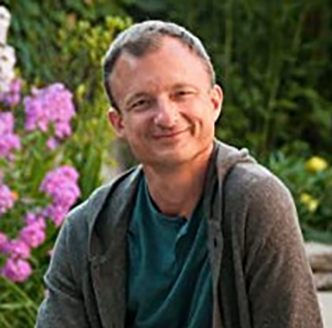
Book Artist & President of the Movable Book Society, Shawn Sheehy's interest in paper engineering grew from experiences in sculpture, graphic design and book arts. His interest in the natural world—an underlying theme in his books—stems from his years living in rural Indiana and teaching environmental studies. Working from his Chicago studio, Sheehy editions pop-up artist books, creates mass-market pop-up books (Welcome to the Neighborwood, 2015), serves periodically as freelance graphic designer, and regularly teaches paper engineering workshops. His work has been collected by special collections libraries at numerous universities, as well as a number of private collectors. Much of Sheehy’s work explores the relationship between humans and the wild world.
(text and background only visible when logged in)
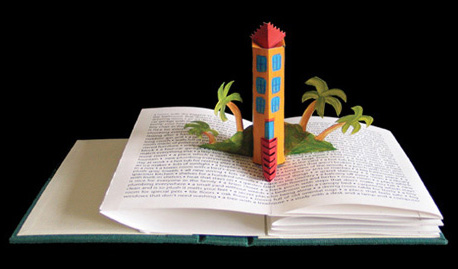
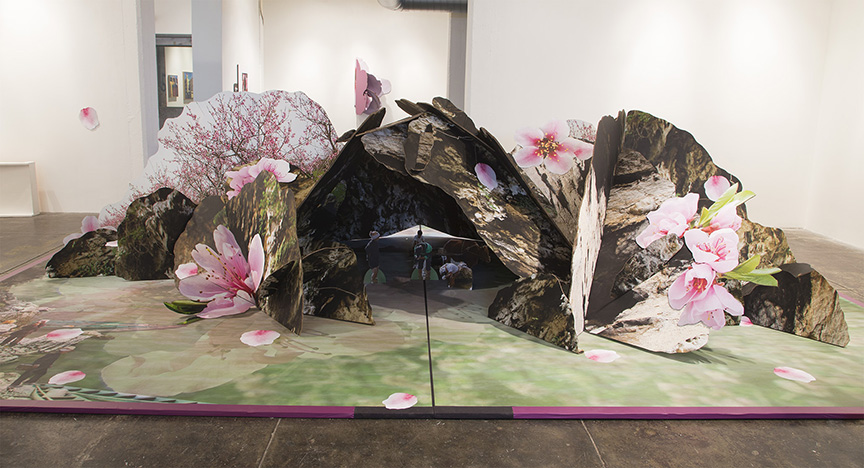

(text and background only visible when logged in)
(text and background only visible when logged in)
Commercial Publishing
(text and background only visible when logged in)
Marion Bataille
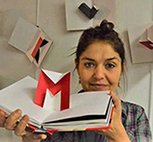
Marion Bataille is a French Graphic Design, Artistic Director, and pioneer in pop-up design. She is a graduate from the Ecole supérieure d'arts graphiques. Marion started as a freelance graphic designer and a collage illustrator, and then became the artistic director of the cultural magazine Télérama. Op-Up, her 3D alphabet book was first presented at the Nigel Greenwood Gallery in London; it was then discovered by the publishing house Albin Michel, and became an international best-seller under the title ABC3D. In subsequent years she has continued creating innovative ways to explore typography and numbers, Ten, (Roaring Brook Press, 2011), Numero (Chronicle Books, 2013), and AOZ Typography Workshops (2016). Bataille received the Meggendorfer Prize for Best Paper Engineer in 2010.
Matthew Reinhart
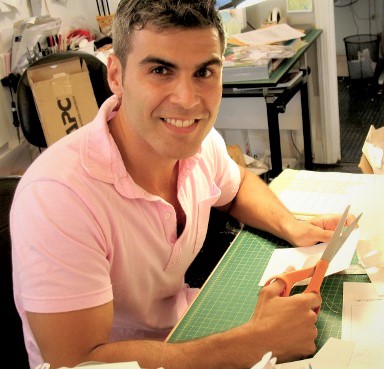
Children’s book author, illustrator, & paper engineer, Matthew Reinhart, studied industrial design with a focus on designing toys at Pratt Institute in Brooklyn. After graduating Pratt, he settled in New York City and apprenticed with acclaimed children’s book author, Robert Sabuda. His first big break into the pop-up book world came with the strange but beloved The Pop Up Book Of Phobias. Many pop-up books followed and in 2008 and 2014, Matthew received the Meggendorfer Prize for Best Paper Engineer from the Movable Book Society.
Robert Sabuda
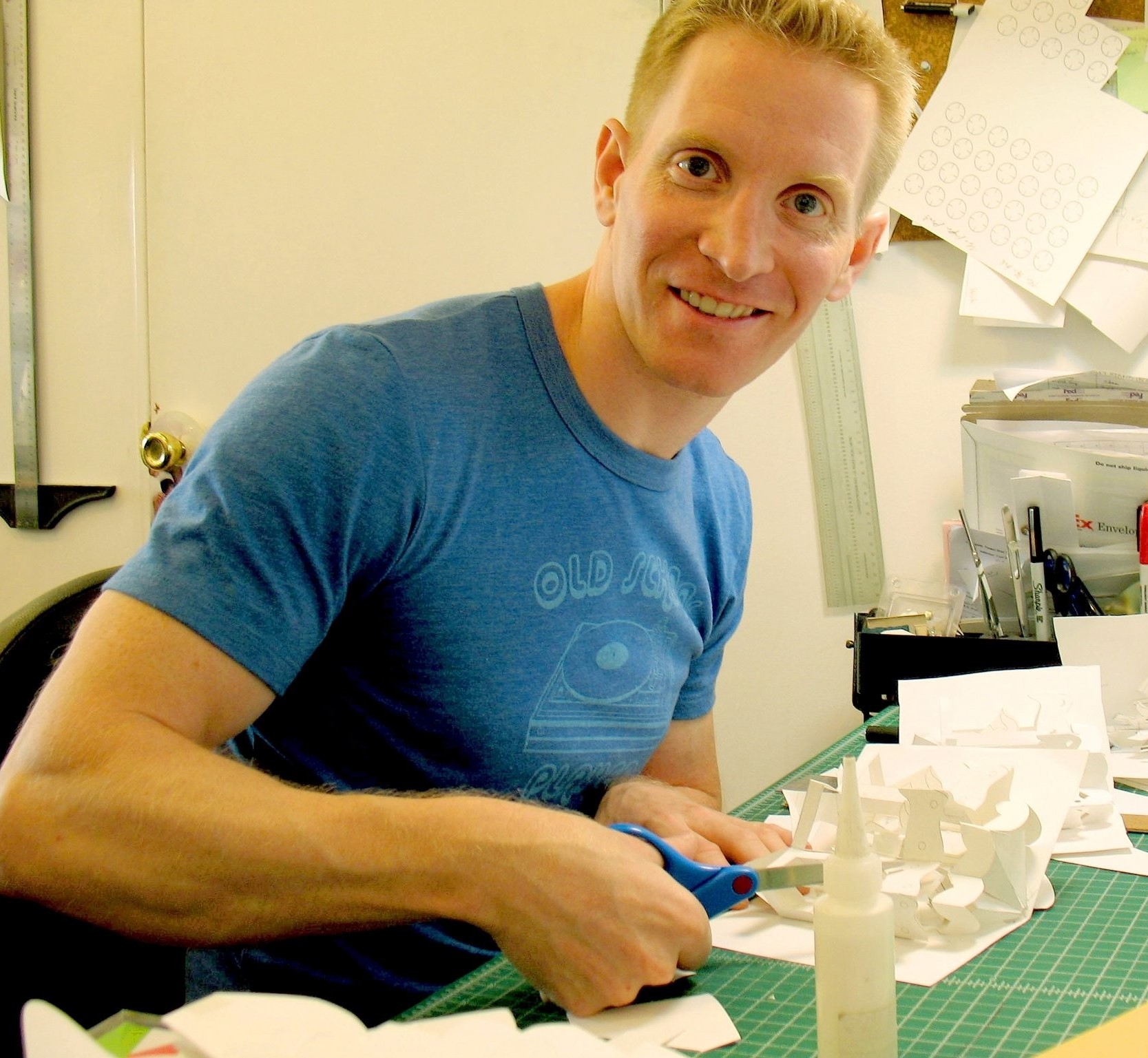
Robert Sabuda "is indisputably the king of pop-ups," as the New York Times put it. He is the pop-up artist and paper engineer behind many beloved pop-up books. He attended the Pratt Institute in New York City. His interest in children's book illustration was sparked by an internship at Dial Books for Young Readers while still he was still a student at the Pratt Institute. Initially working as a package designer, he illustrated his first children's book series in 1987. After starting to design pop-up books for children in 1994, recognition of his work grew. In 1998, he was the first recipient of the Meggendorfer Prize for Best Paper Engineer and went on to when the next two subsequent years (2000 & 2002) before recusing himself from the competition.
https://www.simonandschuster.com/authors/Robert-Sabuda/1077661
(text and background only visible when logged in)
(text and background only visible when logged in)
(text and background only visible when logged in)
Origami
(text and background only visible when logged in)
Robert Lang
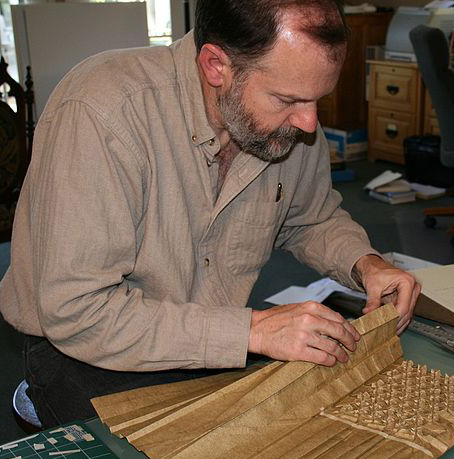
Robert J. Lang has been an avid student of origami for over fifty years and is now recognized as one of the world’s leading masters of the art, with over 700 designs catalogued and diagrammed. He is noted for designs of great detail and realism, and includes in his repertoire some of the most complex origami designs ever created. His work combines aspects of the Western school of mathematical origami design with the Eastern emphasis upon line and form to yield models that are at once distinctive, elegant, and challenging to fold. They have been shown in exhibitions in New York (Museum of Modern Art), Paris (Carrousel du Louvre), Salem (Peabody Essex Museum), San Diego (Mingei Museum of World Folk Art), and Kaga, Japan (Nippon Museum Of Origami), among others. In 1992 Dr. Lang became the first Westerner ever invited to address the Nippon Origami Association’s annual meeting; he has since been an invited guest at international origami conventions around the world. He lectures widely on origami and its connections to mathematics, science, and technology, and teaches workshops on both artistic techniques and applications of folding in industrial design.
Sipho Mabona
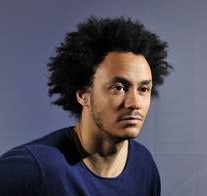
Origami Artist Sipho Mabona was five years old when he folded his first paper airplane. In 2000 after having folded planes for fifteen years Mabona ran out of paper airplane designs to fold and turned to origami hoping it would enable him to come up with original designs. Since then Sipho has designed origami for the award winning Asics corporate movie “Origami in the Pursuit of Perfection”and has exhibited his work in galleries and museums around the globe. Sipho Mabona's origami covers a great range of different styles from very intricate representational designs to abstract geometrical shapes. He currently resides in Zürich, Switzerland.
Hoang Tien Quyet
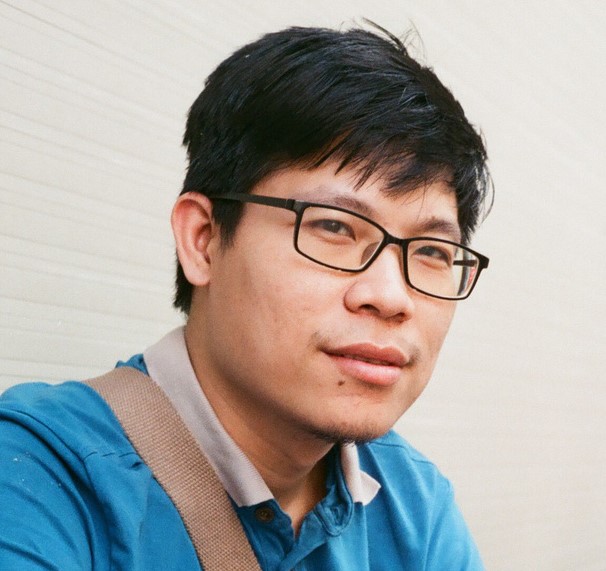
Based in Vietnam, Hoang Tien Quyet has been folding origami since 1990 but began wet folding in 2008 when Giang Dinh taught him the technique. Now he is known for the soft fluid lines of his original wet fold designs. He is a co=author of two origami books.
(text and background only visible when logged in)
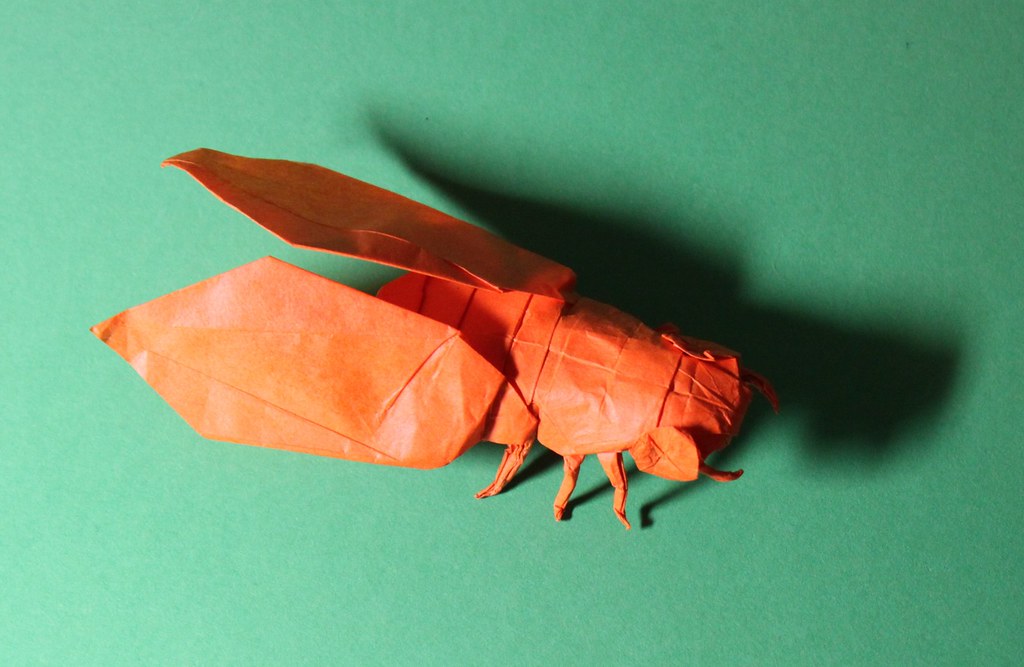
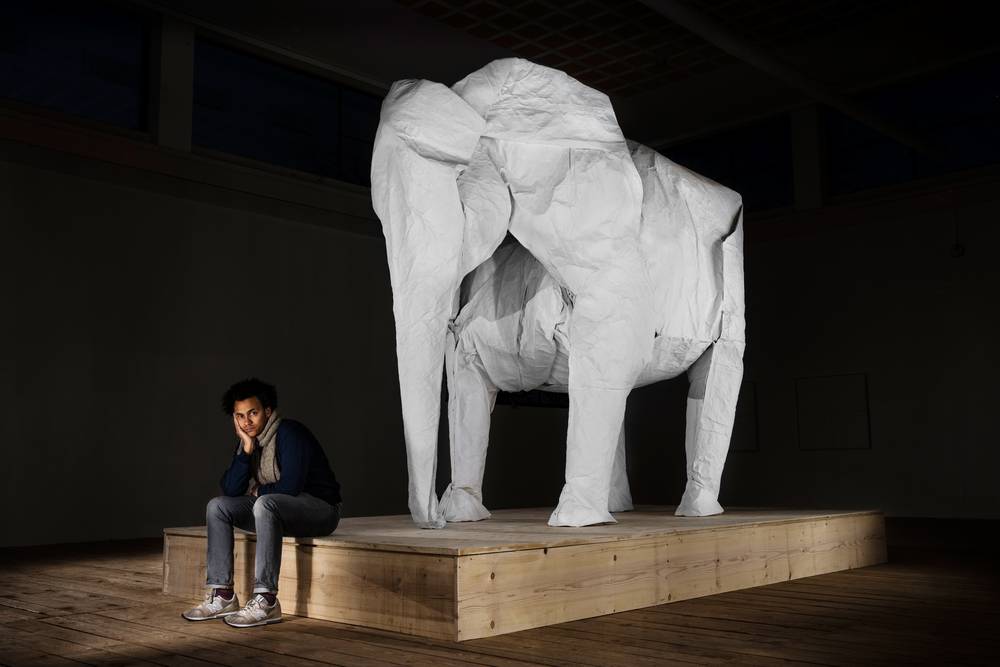
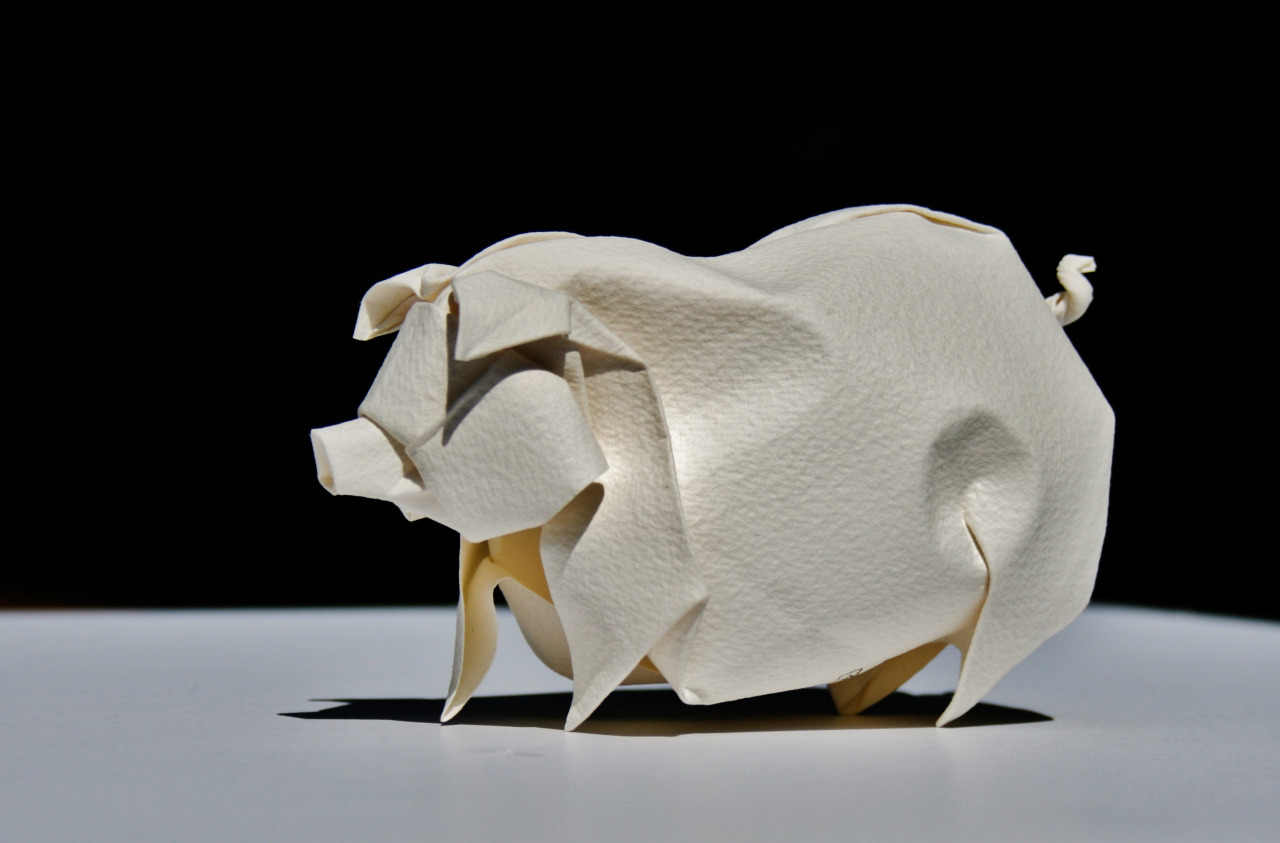
(text and background only visible when logged in)
(text and background only visible when logged in)
Art & Science
(text and background only visible when logged in)
Erik Demaine
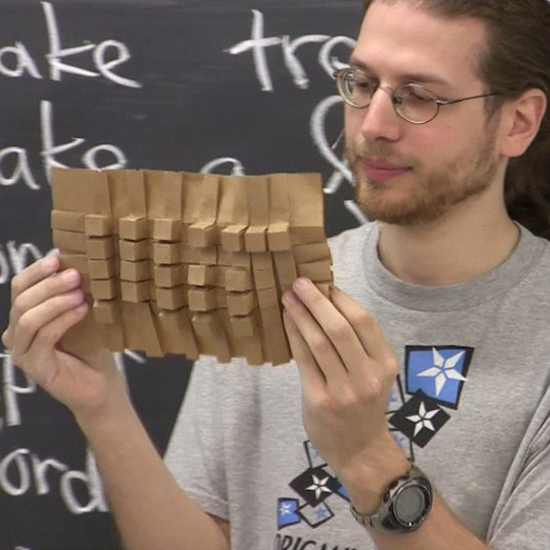
Erik Demaine is a Professor in Computer Science at the Massachusetts Institute of Technology. Demaine's research interests range throughout algorithms, from data structures for improving web searches to the geometry of understanding how proteins fold to the computational difficulty of playing games. He received a MacArthur Fellowship as a “computational geometer tackling and solving difficult problems related to folding and bending—moving readily between the theoretical and the playful, with a keen eye to revealing the former in the latter”. He appears in the origami documentaries Between the Folds and NOVA's The Origami Revolution, cowrote a book about the theory of folding (Geometric Folding Algorithms), and a book about the computational complexity of games (Games, Puzzles, and Computation). Together with his father Martin, his interests span the connections between mathematics and art, including curved-crease sculptures in the permanent collections of the Museum of Modern Art in New York, and the Renwick Gallery in the Smithsonian.
Hyun Joo Oh
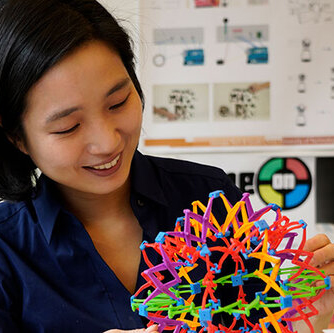
Hyun Joo Oh is an assistant professor with a joint appointment in the School of Industrial Design and the School of Interactive Computing. Working at the intersection of Human-Computer Interaction and design, she studies and builds creative technologies (tools, kits, and methods) that integrate everyday craft materials with computing. Based on a broad spectrum of design and computing technologies, she explores how familiar and accessible materials around us can be extended and transformed by computing technology both as a tool as a material, and investigates how such combinations can broaden existing creative possibilities for designers. Her work has been published and exhibited at ACM SIGCHI conferences and maker community.
Matt Shlian
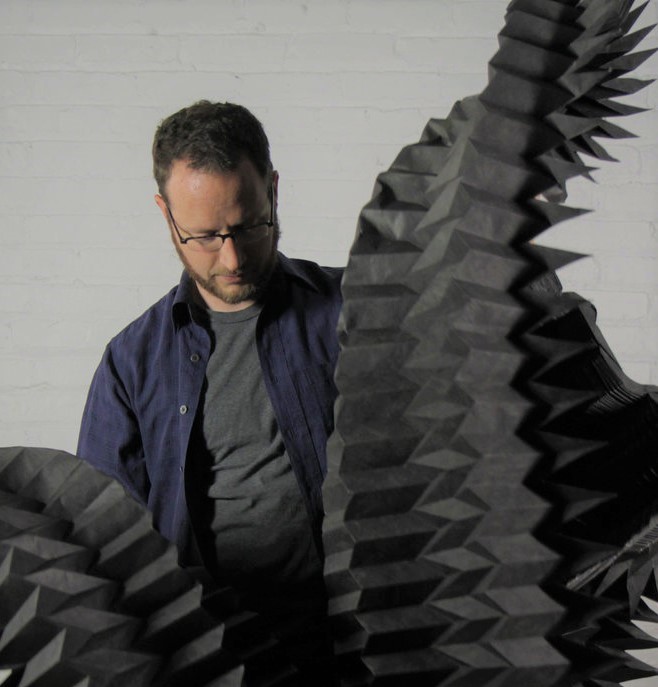
Artist and designer Matt Shlian describes himself as a paper engineer. Trained in ceramics and print media, at Alfred University and Cranbrook, his work exists at the intersection of art and science. Shlian works out of his design studio based in Ann Arbor, and also teaches at the University of Michigan. He is also involved in a U.S. National Science Foundation funded research campaign at the university, working with scientists and engineers to discover if origami can provide a foundation for three-dimensional nanotechnology.
(text and background only visible when logged in)
